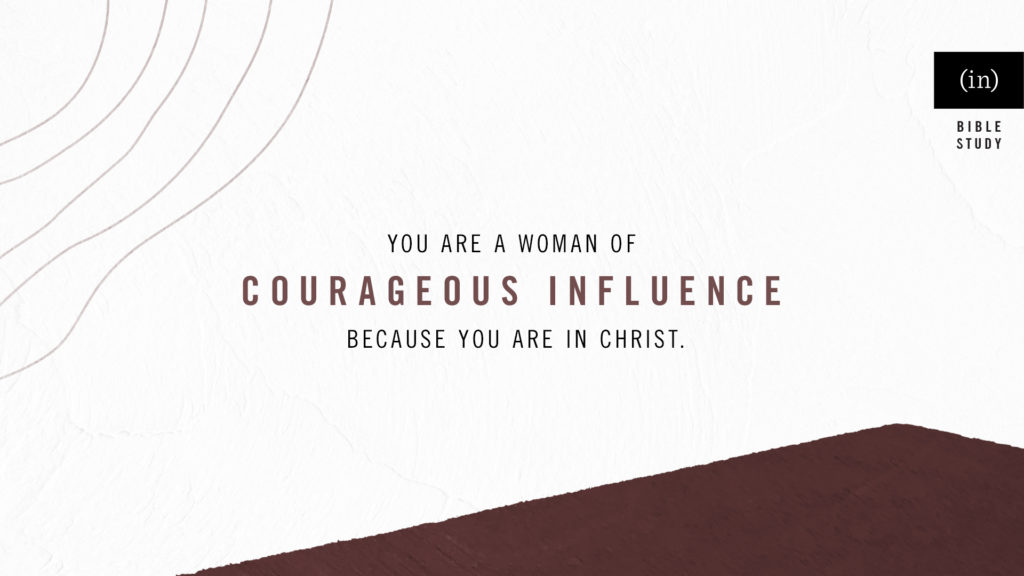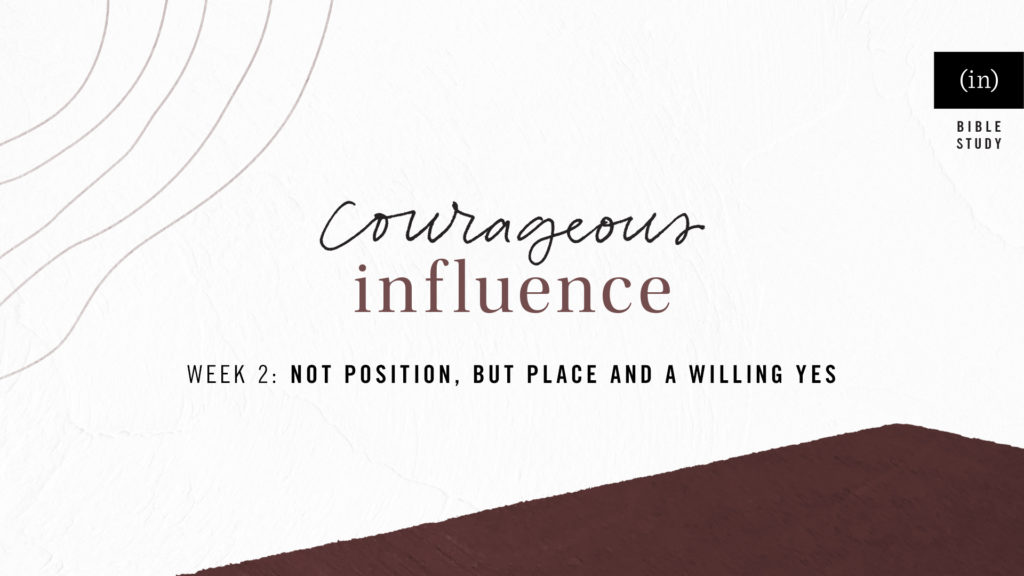I still have a thirty-year-old picture of my dad taken in our family’s garage. You can barely see my 6’4” father sitting among heaps of junk.
At the time, we wouldn’t have known what to call it, but my brilliant, gentle dad was a hoarder. Between electronics in his garage, and old magazines, tools, and manuals in his home office, there was only one path to get from the door to his chair in any room he had dominion over. My mom tried to keep it contained, but like Sisyphus trying to roll the boulder uphill, she lost her battle daily.
Every time I entered that garage as a teenager to do laundry or dig my way to the mailbox, I remember thinking to myself, “I will never, ever live like this when I get my own home.”
But then came marriage and kids. Like many young moms in the 90s, I fancied myself a crafter. (I was great at buying all the supplies. Using them? That was another story.) I also envisioned myself a salesperson. (How many multilevel marketing kits did I buy to become my own boss?) Plus, to be a great parent, I bought my kids Brio sets, a doll house, and every Barney VHS tape. My life eventually resembled my dad’s garage. No sense, no order — just an abundance of chaos and confusion.
I couldn’t figure out why I kept buying things I didn’t need or had such a hard time getting rid of things I no longer used. I would gird myself to do a clean sweep, but when it came down to it, I found it impossible to make a dent in my possessions. I would sit in my garage for hours trying to make myself give things away, only to talk myself into keeping the most inane items (a back-up egg beater?) in case I might, someday, need one.
I finally started to research why it was so hard for me to get rid of clutter. As I investigated, I realized it wasn’t laziness (as I had secretly suspected), but my battle was, in many ways, a spiritual one.
Based on my research, I have determined three main reasons for overwhelm with clutter:
The first reason is we keep items out of fear — fear of having to spend money again, fear of being thought of as wasteful. We think, “I might need it someday,” even if we’re not using it now and we haven’t used it for years. Someday, I might need that catcher’s mitt from seventh grade softball, and I would hate to have to rebuy it.
Another reason is guilt. Guilt shows up by saying, “But so-and-so gave it to you.” We may have a complicated relationship with the person who gave us the object or regrets about something with the giver. We feel like giving away the object is giving up on the relationship or dishonoring it in some way. But things are not relationships. If guilt convinces us to keep an item we don’t need or love, we’re replacing real relationships with objects.
The last thing I connected with clutter overwhelm is shame. We think, “But I spent so much money on it,” then punish ourselves for bad money decisions by holding onto something for a long time, somehow justifying the cost because of how long we’ve had it. It’s as if we can’t allow ourselves the grace to say, “I’ve made a mistake. I should not have spent the money on this item. It may be too late to take it back to the store, but I can make sure someone else can use it.” We can redeem the mistake by giving the item to someone who can’t afford it but will really use it. There is no redemption in the back of our closet.
Spending time getting rid of our possessions is a spiritual act — one that can bring hope and healing. Every time we declutter, we rid ourselves of unhealthy attachments, unhealthy ways of thinking, and unhealthy entanglements that keep us from moving forward toward the life God has intended for us.
Hebrews 12:1 says, “Therefore, since we are surrounded by such a great cloud of witnesses, let us throw off everything that hinders and the sin that so easily entangles. And let us run with perseverance the race marked out for us.”
And this is exactly what I started to do — throw off all that was hindering me.
In my growth.
In my relationships.
In my walk with God.
When I finally got serious about getting rid of the excess in my life, I admit it was painful. Why was it so much easier to put my trust in stuff than in God’s providence? He has provided for my needs in the past, and He’ll be faithful to do it in the future as well.
Now that I’ve committed to change my relationship with stuff, passing by the dollar bins at Target is easier and easier. I believe God smiles a little bit wider when I walk on by.
Do you also struggle with clutter overwhelm? I believe in you. I believe you can throw off that hindrance too. And when you do, know that God delights in you.



